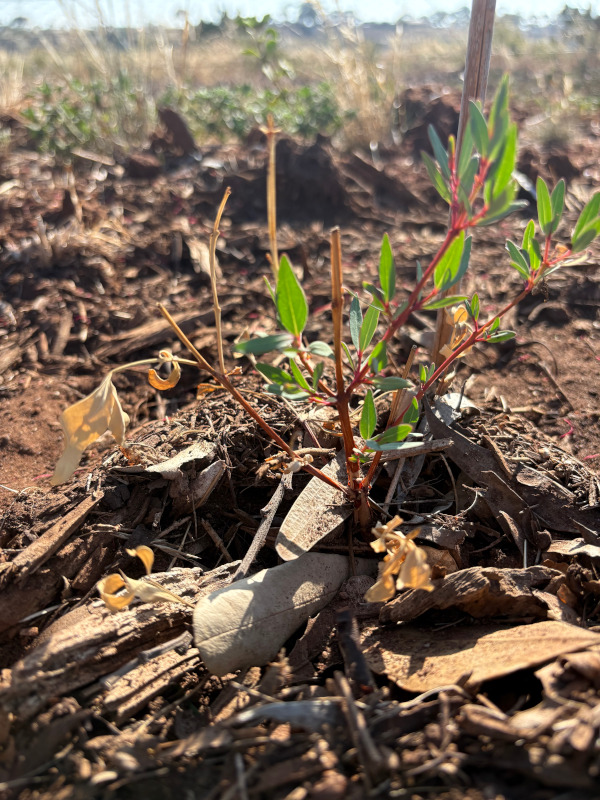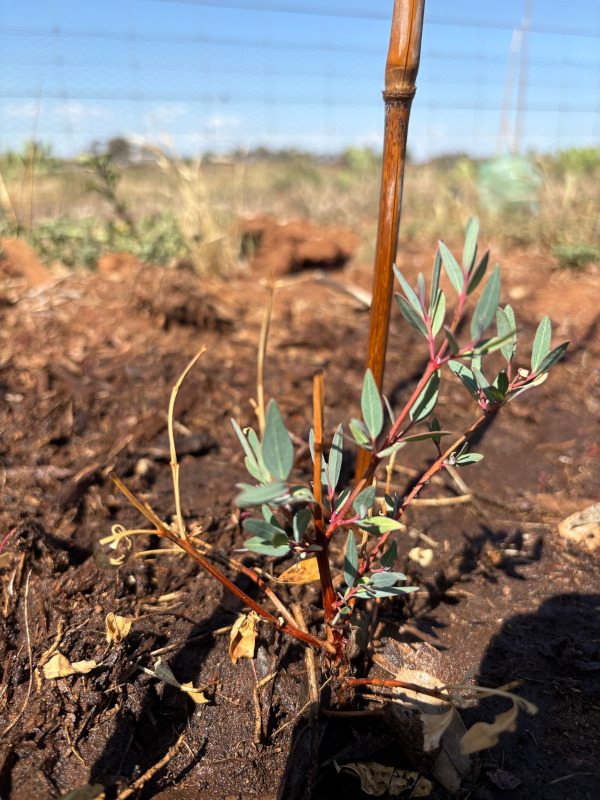Progress Isn't Linear
Table Tennis Thoughts
Nature's Path to Progress: Growing Through Struggles
 Imagine a small plant. It faces harsh winds, unpredictable weather, and moments when its branches turn brown and wither. To the untrained eye, it may seem like it's failing. But beneath the surface, its roots continue to grow, gathering strength. And soon, new green shoots emerge, stronger and healthier than before.
Imagine a small plant. It faces harsh winds, unpredictable weather, and moments when its branches turn brown and wither. To the untrained eye, it may seem like it's failing. But beneath the surface, its roots continue to grow, gathering strength. And soon, new green shoots emerge, stronger and healthier than before.
This is exactly how progress works in table tennis—and in life.
Many players expect a steady, upward trajectory in their development. You train hard, play matches, and assume that each week should bring noticeable improvement. But reality doesn’t work that way. Progress is full of ups and downs, moments of frustration, plateaus, and sometimes even setbacks that make you question if you're improving at all.
Take, for example, a player learning a stronger forehand loop. At first, it feels unnatural. You may even play worse as you try to adjust. There are days when everything clicks and others when it feels like you've gone backwards. But that’s not failure—it’s part of the process. Just like the plant, some aspects of your old game may need to “die off” before new, stronger skills take root.
Another common experience is the plateau. After months of steady improvement, you might find yourself stuck, unable to break through to the next level. This can be incredibly frustrating, but it’s actually a sign that your body and mind are consolidating the skills you’ve developed. Growth doesn’t always show immediately; sometimes, progress happens beneath the surface, much like the unseen roots of a thriving plant.
This is why patience and persistence are crucial. If you stop at the first sign of difficulty, you’ll never experience the breakthrough that follows. The best players in the world didn’t get there by avoiding frustration—they embraced it, knowing that every setback was setting the stage for future growth.
Legendary players have gone through these struggles too. Ma Long, for instance, faced injuries and setbacks, but his unwavering commitment to improvement made him one of the greatest table tennis players of all time. He trusted the process, knowing that growth wasn’t always visible but was always happening.
It also helps to change your perspective on setbacks. Instead of seeing them as failures, view them as valuable learning opportunities. When you struggle, ask yourself: What can I learn from this? Is there a technical flaw I need to address? Do I need to adjust my mental approach? Often, these moments provide the insights needed for the next big leap forward.
So, next time you feel like you're stuck, remember the plant. Trust the process, keep training, and give yourself the time to thrive. Progress isn’t linear, but as long as you keep growing, it is always happening. And when you finally break through a plateau or master that tricky technique, you’ll appreciate the journey even more, knowing that every struggle was a stepping stone to success.
What’s one skill in table tennis that you’ve struggled with? How has that challenge shaped your game?


Posted 1 month ago
Thoughts on this blog
Notify me of updatesBecome a free member to post a comment about this blog.
Paul Griz Posted 1 month ago
I love this.
Beautifully written and so very true. Excellent analogy with the plant 🌱
I suspect this is your little tree that you referenced in the last podcast, Alois.
I went through periods of frustration with my inconsistent progress in table tennis and would get so discouraged when it seemed like I was going backwards. Your advice here is priceless. I will remember this as I continue striving to improve.
Thank you for sharing your skills and wisdom.
Alois Rosario from PingSkills Posted 1 month ago
Hi Paul,
Yes this is the plant I referenced in the last podcast. It’s on the up!
One thing that I want to mention is that it is okay to take a step backwards to move forward. I felt like I was going into a playing slump, so I took a step back to work on the quality of my shots, such as timing, spin, placement, etc. Now I feel that I'm hitting the ball better than before. Sometimes a step back is really a step forward.